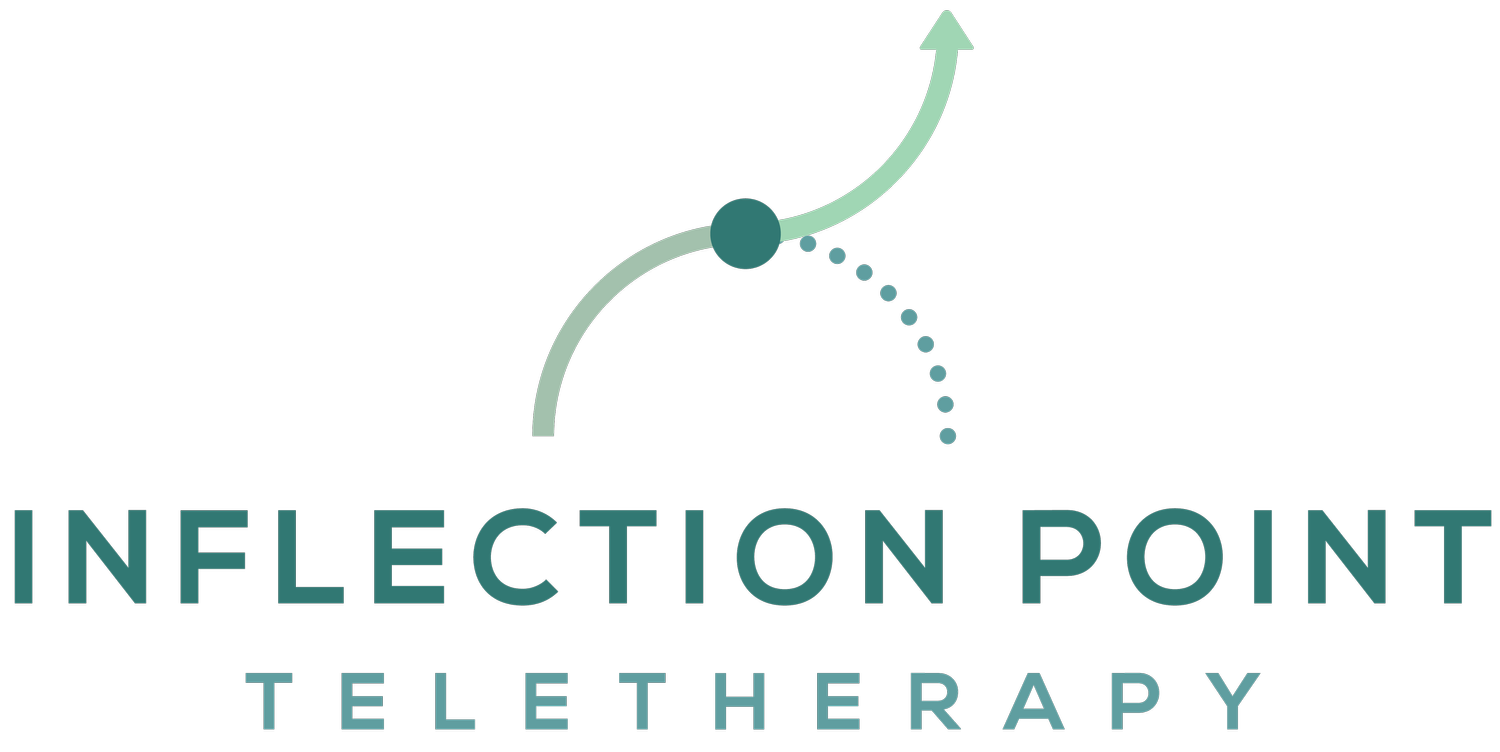
Clinical Supervision
Supervision for pre- and post-licensure professional counselors in Illinois.
It is vital for mental health therapists and counselors to have regular clinical consultation or supervision, even if they are already licensed. Working in private practice or at a job that provides little clinical support can be challenging and may increase the risk of burnout or working outside of one's scope of practice. Clinical supervision can provide a supportive and safe space for therapists to reflect on their practice, receive feedback, and learn from an experienced supervisor.
In addition to preventing burnout and supporting therapists in staying within their scope of practice, clinical supervision can also help therapists improve their clinical skills and effectiveness. It can provide an opportunity for therapists to learn about different theoretical orientations and intervention strategies, and to receive guidance and support as they develop their professional practice.
To obtain an LCPC in Illinois a clinician must work under supervision for two years. A single year must satisfy 960 hours of supervised, face-to-face, direct counseling experience within 48 weeks. During this period, you must meet with your supervisor for a minimum of one hour every week.
Clinical Supervision Modalities
-
Psychotherapy-based models follow the framework and techniques of a specific psychotherapy model or theory. These models can be particularly useful for supervisees who are interested in specializing in a specific approach to therapy. Specialty supervision is offered in CBT and ACT with a trauma-informed lens.
-
The developmental model conceptualizes the supervisee as a beginner, intermediate, or advanced therapist, and the supervisor adjusts interventions accordingly. This model recognizes that therapists progress through different stages of development as they gain more experience and expertise.
-
The personal growth model is more focused on the personal development of the therapist, with the goal of increasing insight and awareness of how personal issues may impact therapeutic relationships.
-
The skills-based model is focused on helping supervisees develop specific clinical skills, such as case conceptualization and evidence based intervention strategies.
-
The process-oriented method is focused on helping supervisees integrate skills and personal awareness in order to facilitate effective relationships with clients. This model emphasizes the identification and exploration of parallel processes and big-picture conceptualization.
Joshua Garvey
LCPC, LPHA
Clinical Supervision with Joshua will place a strong emphasis on providing a supportive and professional environment for supervisees to grow and develop their skills. As a clinical supervisor, Joshua values personal and professional growth, skills development, cultural competency and the evolution of insight; these are all provided within the confines of the supervisee-supervisor relationship. As a supervisee, you can expect to be heard, challenged, and supported throughout the supervision process.
Having worked primarily in non-profit community mental health, Joshua has a wealth of experience and expertise in working with a variety of populations and issues, including trauma and attachment, anxiety and depression, family systems and domestic violence, grief and loss, relationships, and life transitions. These experiences were gained within a variety of settings, including schools, hospitals, group homes, clinics, and more. Joshua’s therapy practice is grounded in Acceptance and Commitment Therapy and Cognitive Behavioral Therapy, and as such fosters these skills within supervisees.
If you are interested in working with Joshua, please call today at 773-831-7794.

“Education is the kindling of a flame, not the filling of a vessel.”
― Socrates


